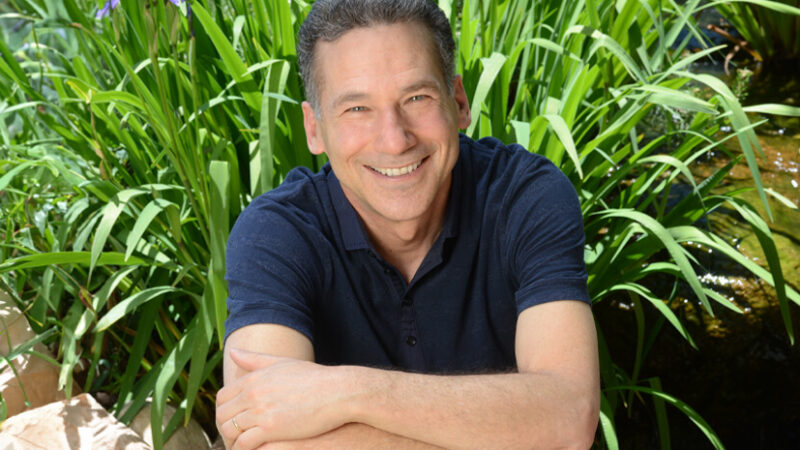Emily Nagoski, PhD: Pleasure Is the Measure: How to Ha...
Why is it so hard to talk about sex? How can we be a better friend and lover for our partner? What’s the secret to maintaining “the magic” that first brought us together? Acclaimed sex educator and New York Times bestselling author Emily Nagoski views these questions through a unique lens that centers pleasure—not desire—in her counseling work with struggling couples.
In this podcast, Tami Simon speaks with Emily about the empowering insights in her newest book, Come Together: The Science (and Art!) of Creating Lasting Sexual Connections. Listen now to their conversation on: breaking free from the desire imperative; the groundbreaking work of Helen Singer Kaplan; the dual control model of sexual response and the analogy of brakes and accelerators; “turning on the ons and turning off the offs”; reducing your stressors as a key aspect of centering pleasure in your life; friendship and admiration: two essentials for long-term relationships; trust, vulnerability, and emotional accessibility; creativity, play, and freedom; following your own rules; talking about sex; the fear of rejection; how “good communication gets you good sex; great communication gets you great sex”; incompatibility; the interplay of attraction and self-worth; body acceptance; and more.
Note: This episode originally aired on Sounds True One, where these special episodes of Insights at the Edge are available to watch live on video and with exclusive access to Q&As with our guests. Learn more at join.soundstrue.com.






